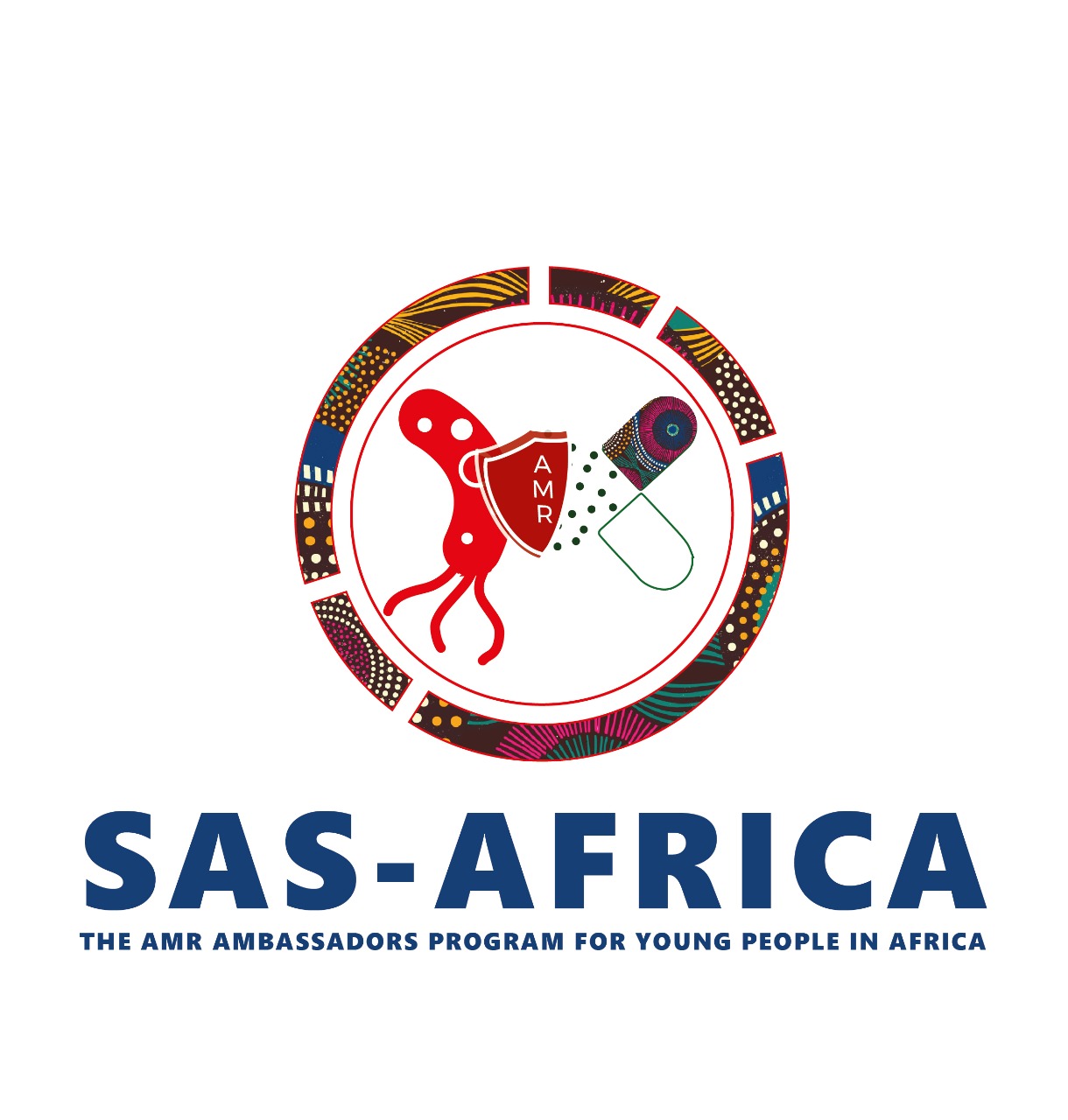Why is the engagement of Young People in AMR critical?
From advocating for universal suffrage in the early twentieth century, the civil rights movement in the 1960s, multi-party democracy in the 1990s, and currently climate change, there is already overflowing evidence that young people play a huge role in movement building and catalysing sustainable change in the society. This is not any different with Antimicrobial Resistance. At Students Against Superbugs Africa, we strongly believe in this and consider young people a valuable and important stakeholder in the fight against Antimicrobial Resistance.
-
Young professionals and tertiary level students are the next generation of public health professionals, policy makers, economists, researchers, artists, regulators, prescribers, and many other professions that actively contribute to mitigation of AMR.
-
Young people through their lively nature, and power to connect with different population segments can greatly help in achieving mass awareness on Antimicrobial Resistance, and rational use of antimicrobials.
-
Young people are endowed with the power of creativity and innovation. Many of them see things with fresh eyes, they are not embedded into existing systems, and seek to do things differently in a better way. This is evident since most of the world’s creative solutions emanate from this group.
-
There is a need to leverage on upcoming technologies to generate interventions that can help solve AMR. Who else is better placed than our young tech-savvy generation, especially those in tertiary institutions?
-
Additionally, due to their immense energy, spirit of exploration and activism, and motivation to do things in a better way, tertiary level students have the power to build movements, and can leverage the existing data to lobby for support for AMR efforts in their local governments. This can smoothen the process of policy making, and increase funding for AMR efforts.
So far, key stakeholders are yet to fully appreciate the immense number of tertiary level students and early career professionals in the fight against Antimicrobial Resistance. Through this program’s outcomes, we hope to clearly showcase the immense potential of this group and advocate for their involvement as key partners in shaping and implementing policies and programmes on AMR in their communities
To key stakeholders
It is of critical importance that we invest adequate resources in the engagement of young people, strengthen their capacity, and offer them a platform to engage sustainably in efforts aimed at mitigating AMR
To our young people:
Our experience has taught us that there is no right time to start. You do not need to receive funding or technical expertise in a particular field to start engaging in efforts against AMR or any other altruistic initiative, just the will, dedication, and consistency, everything else will fall into place with time. It is the small consistent efforts that count“




